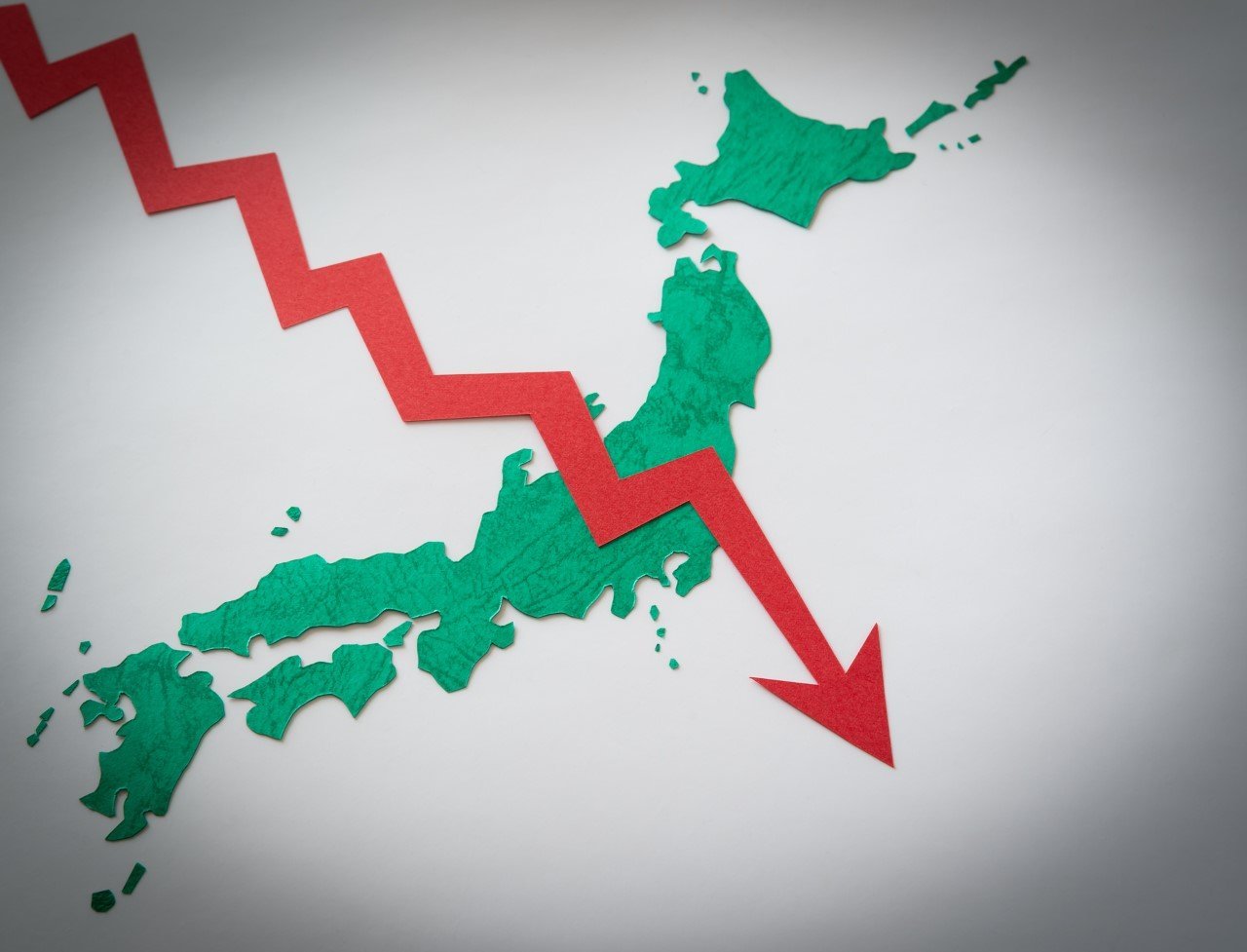2011/07/07
No. 126: Hiroto Ishida, "Human Lives and Trust"
The extensive damage caused by the crisis at the Fukushima Daiichi nuclear power plant is prompting reconsiderations of the energy sources on which we rely. At the moment, however, it is more important to cope with the crisis with the utmost priority on human lives than to draw hasty conclusions on a desirable future energy plan. Public trust can be retained only by implementing measures to address the crisis step-by-step on the ground, investigating the causes and repairing the damage. At the same time, we should take the initiative in developing a world-wide emergency response system.
My deepest condolences and sympathy go out to those who lost loved ones or who were otherwise affected by the disaster that struck eastern Japan on March 11. I find it truly regrettable that the disaster developed into a core meltdown at the Fukushima Daiichi plant and the release of radioactive materials, forcing many people to evacuate from their homes. As a Japanese, I also feel sad about the anxiety and inconvenience caused to foreign residents and visitors, and I am grateful for the generous assistance provided from abroad. As someone who studied nuclear engineering at university in its pioneer days and as a former government official with the Science and Technology Agency who has long been engaged in developing Japan's nuclear energy policy, I now spend each day hoping and praying for an early end to the crisis.
First of all, the reactors must be brought to a stably cooled condition ("cold shutdown") in accordance with the road map announced by the Tokyo Electric Power Company (TEPCO). In the meantime, we should take every measure to prevent radioactive materials from being released into the air and ocean and to store large amounts of water for cooling the reactors within the nuclear power plant compound. Radioactively contaminated water should be steadily processed over time.
Outside the compound, we must decontaminate areas designated as evacuation zones without delay, so that those evacuees who have accepted living with the nuclear power plant can return to their homes as soon as possible. We should also provide detailed health checks to the evacuees and other people who have spent time in the area in order to prevent delayed radiation injury.
Once a nuclear accident as serious as the one in Fukushima has occurred, it is difficult for the country concerned to cope with the accident alone. An international emergency response team should be set up in the near future that will also seek to enhance nuclear security.
It is only natural that the nuclear crisis has caused many countries to review their energy policies. However, we need to keep in mind that, when we try to draw conclusions on such long-term policies before fully investigating the cause of the accident, there is a danger of being influenced by short-term factors. Instead, we should focus our efforts on bringing the reactors to a halt, cleaning up radioactive contamination and securing the electricity necessary to sustain smooth socio-economic activities for the time being. We should also arrange compensation for the massive damage caused by the accident.
We are now at the stage of establishing the truth about the accident through an impartial investigation. Information obtained in the process should be distributed as is. It is truly unfortunate that there was confusion regarding the manner by which information should have disclosed. I believe sincere efforts have been made to provide information as swiftly and accurately as possible, but it might be difficult to accurately report the situation on the ground, as high radiation levels hinder the collection and assessment of information. Nonetheless the people addressing the crisis must overcome these difficulties. The disaster has deprived us of many things, but the last things we can afford to lose are human lives and trust in the Japanese government and relevant organizations. Physical damage can be restored some way or other, but it is not an easy task to regain lost trust. I myself will do what I can to demonstrate to the rest of the world that Japan is trustworthy.
Hiroto Ishida is President Emeritus of Kanazawa Gakuin University. He also serves as Chairman of the Board at the Nuclear Safety Technology Center, a government-supported organization.
The views expressed in this piece are the author's own and should not be attributed to The Association of Japanese Institutes of Strategic Studies.





